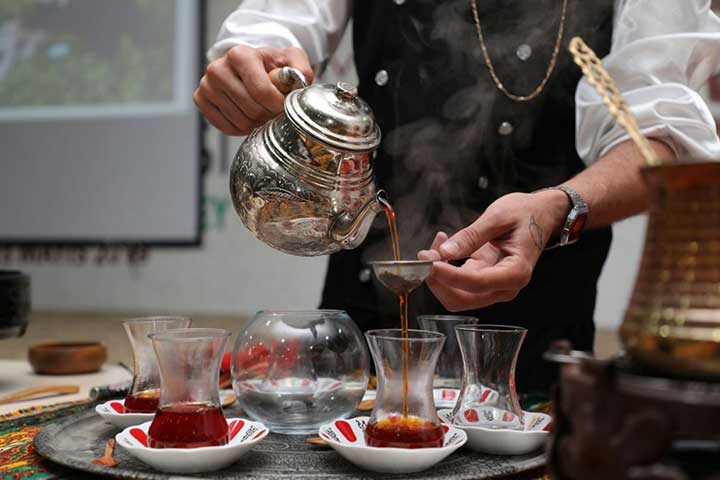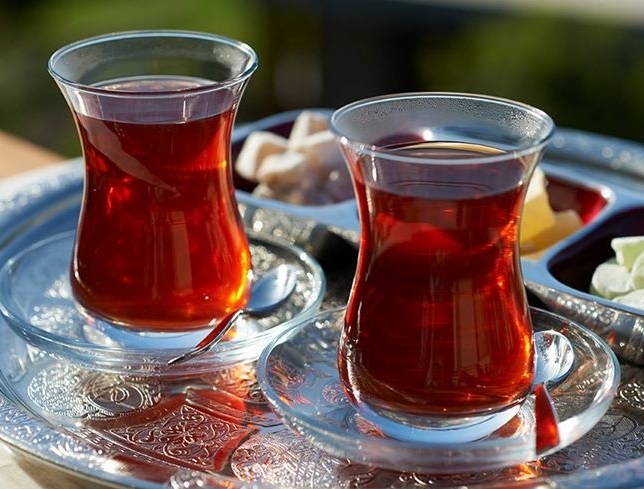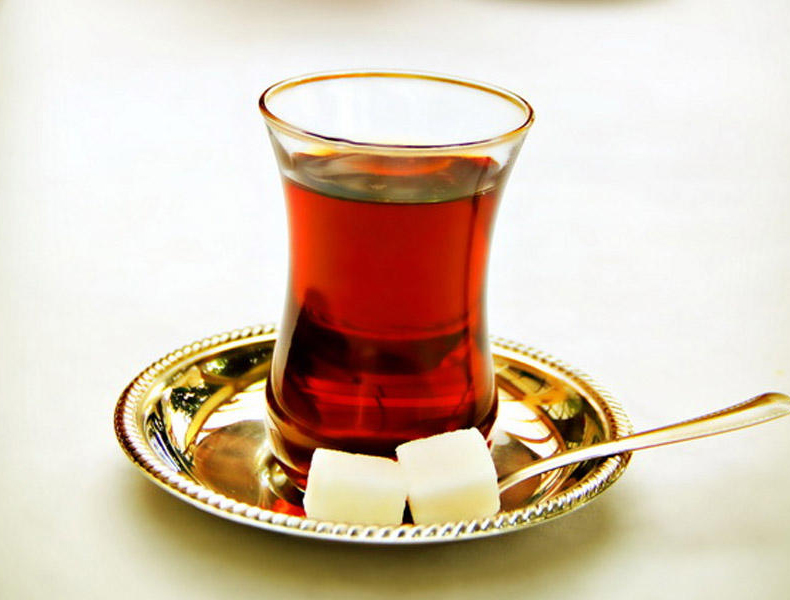Turkish Tea in a Tulip Glass Armudu: Tradition and Meaning
Tea in Turkey is not just a drink, but an integral part of culture, hospitality and everyday communication. It is drunk everywhere: at home, in tea gardens (çay bahçesi), at work or when visiting. But what distinguishes Turkish tea drinking from many other tea traditions is the tableware.
Historical roots of tradition
The tradition of drinking tea from armudu glasses dates back to the Ottoman Empire, when tea began to replace coffee, which had previously dominated the country, in the 19th century. While coffee was served in small cups, tea required new glassware. Glass glasses in the shape of "armudu", similar to tulips or pears, became popular: they were easy to produce, affordable and convenient to use. It is believed that this shape came to Turkey via the trade route from Persia or the Caucasus, where similar vessels for hot drinks already existed.Interestingly, the shape of the armudu echoes the symbolism of the tulip, a flower associated with peace, tranquility, friendship and love in Ottoman culture. Since tea in Turkey is a ritual of communication and coziness, the choice of such tableware seems quite acceptable. There is also a version related to economy: in the 1850s, with the development of the glass industry in the Ottoman Empire, manufacturers began to make complex glasses without handles, narrowed in the middle, so that they were easy to store.

Practicality and functionality
The shape of the armudu glass - with a narrow waist, wide bottom and slightly flared top - is thought out to the smallest detail. The volume of such a glass is small, usually 100-150 ml, which is ideal for traditional Turkish tea, which is drunk in small portions. The narrow waist allows you to hold the glass without burning your fingers, even if the drink inside is very hot. The lower part retains heat longer, and the upper part, where the tea cools down faster, makes drinking comfortable.In addition, transparent glass gives tea its beauty. Turks value its rich ruby hue, which they call "tavşan kanı" ("hare's blood") . Seeing drinks through transparent glass is part of the aesthetic pleasure. The wide bottom of the glass helps it cool slowly, which is important for the long conversations that Turkish tea parties are famous for. Tea in Turkey is usually served with a small plate and a spoon for sugar, although many prefer to drink it without sugar, enjoying the pure beverage.
Cultural significance
Armudu glasses are more than just tableware. They reflect the Turkish love for detail and respect for tradition. Tea drinking in Turkey is a ritual that brings people together. Whether it is morning tea with family or evening gatherings with friends, armudu creates a special atmosphere.Their exquisite form combines practicality and beauty, making every sip of aromatic tea even more wonderful.
Today, armuda is used not only for tea, but also for herbal infusions, which ensures their versatility. This tradition, which began a century ago, continues to live, changing generations and reminding us that simple things can become symbols of national identity.
Conclusion
Glasses with a “narrow waist” are not just convenient tableware, but a reflection of the history, aesthetics and lifestyle of the Turks. They appeared as a practical solution, but over time they turned into something more - a symbol of comfort, communication and hospitality. Drinking tea from an armudu means not only enjoying the drinks, but also touching the rich culture of Turkey, where even the shape of the glass has its own history.- Комментарии
- Вконтакте








